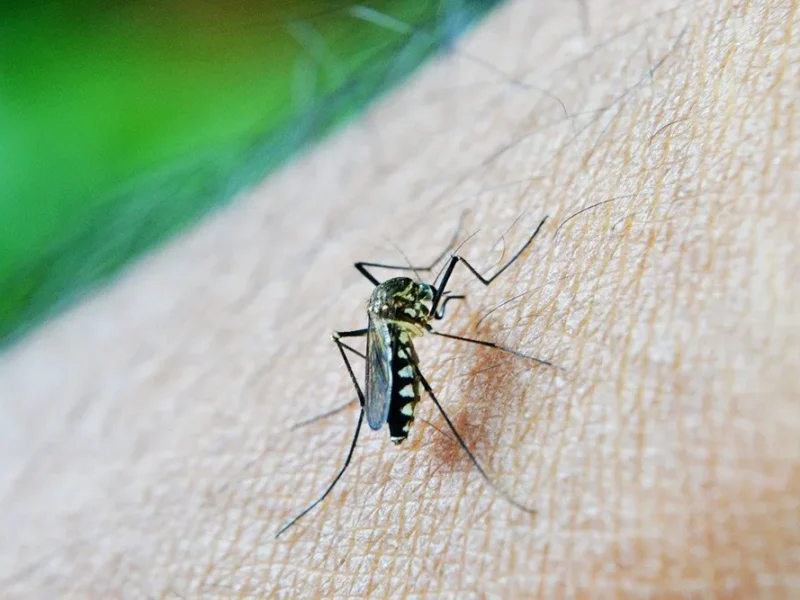
Community-Based Mosquito Control: A Collaborative Approach to Public Health
Community-based mosquito control initiatives are gaining traction as an effective way to combat mosquito-borne diseases. By involving local residents, schools, and organizations, these initiatives promote a sense of ownership and responsibility. Green Mango Pest Control is a shining example of this approach, leveraging community engagement to reduce mosquito populations and prevent disease transmission. This localized strategy improves public health and fosters environmental sustainability and community resilience.
By empowering communities to take charge, we can create a healthier, mosquito-free future and make a tangible impact on the well-being of individuals and communities. Effective community-based mosquito control is key.
What is Community-Based Mosquito Control?
Community-based mosquito control involves the active participation of local communities in mosquito control efforts. This approach recognizes that mosquito control is not just a technical issue, but also a social and behavioral one. By engaging local communities in mosquito control activities, community-based initiatives aim to promote behavioral change, increase awareness, and foster a sense of ownership and responsibility among community members.
Benefits of Community-Based Mosquito Control
Community-based mosquito control has several benefits, including:
- Increased community awareness and education: By involving local communities in mosquito control efforts, community-based initiatives can increase awareness and education about mosquito-borne diseases and their prevention.
- Improved community participation and engagement: Community-based initiatives can foster a sense of ownership and responsibility among community members, leading to increased participation and engagement in mosquito control activities.
- More effective and sustainable mosquito control: Community-based initiatives can lead to more effective and sustainable mosquito control by leveraging local knowledge and resources.
- Reduced mosquito-borne disease transmission: By reducing mosquito populations and promoting behavioral change, community-based initiatives can contribute to a reduction in mosquito-borne disease transmission.
Successful Community-Based Mosquito Control Initiatives
There are many successful community-based mosquito control initiatives around the world. Some examples include:
- Community-based mosquito surveillance: In some communities, residents are trained to monitor mosquito populations and report mosquito breeding sites to local authorities.
- Mosquito control campaigns: Community-based initiatives often organize mosquito control campaigns, which involve activities such as mosquito trapping, larval control, and public education.
- Community-led mosquito control projects: Some communities have established their mosquito control projects, which are led and managed by residents.
- Partnerships between communities and local authorities: Community-based initiatives often involve partnerships between local communities and local authorities, such as health departments or mosquito control districts.
Key Elements of Successful Community-Based Mosquito Control
Successful community-based mosquito control initiatives typically have several key elements, including:
- Community engagement and participation: Community-based initiatives require active engagement and participation from residents.
- Local knowledge and expertise: Community-based initiatives often leverage local knowledge and expertise to develop effective mosquito control strategies.
- Partnerships and collaboration: Community-based initiatives often involve partnerships between local communities, local authorities, and other stakeholders.
- Sustainability and long-term commitment: Community-based initiatives require a long-term commitment to mosquito control and sustainability.
Challenges and Limitations
While community-based mosquito control has many benefits, there are also challenges and limitations to consider. Some of the challenges include:
- Limited resources: Community-based initiatives often have limited resources, including funding, personnel, and equipment.
- Community engagement and participation: Community-based initiatives require active engagement and participation from local residents, which can be challenging to achieve.
- Sustainability: Community-based initiatives require a long-term commitment to mosquito control and sustainability, which can be challenging to maintain.
Bottom Line
Community-based mosquito control is a promising approach to preventing and controlling mosquito-borne diseases. By engaging local communities in mosquito control efforts, community-based initiatives can promote behavioral change, increase awareness, and foster a sense of ownership and responsibility among community members. While there are challenges and limitations to consider, successful community-based mosquito control initiatives can contribute to a reduction in mosquito-borne disease transmission and improved public health outcomes.




